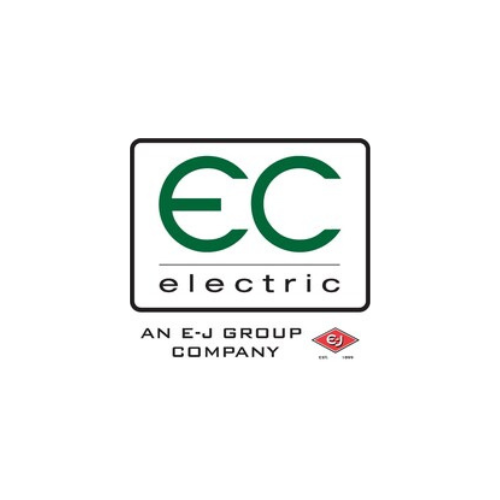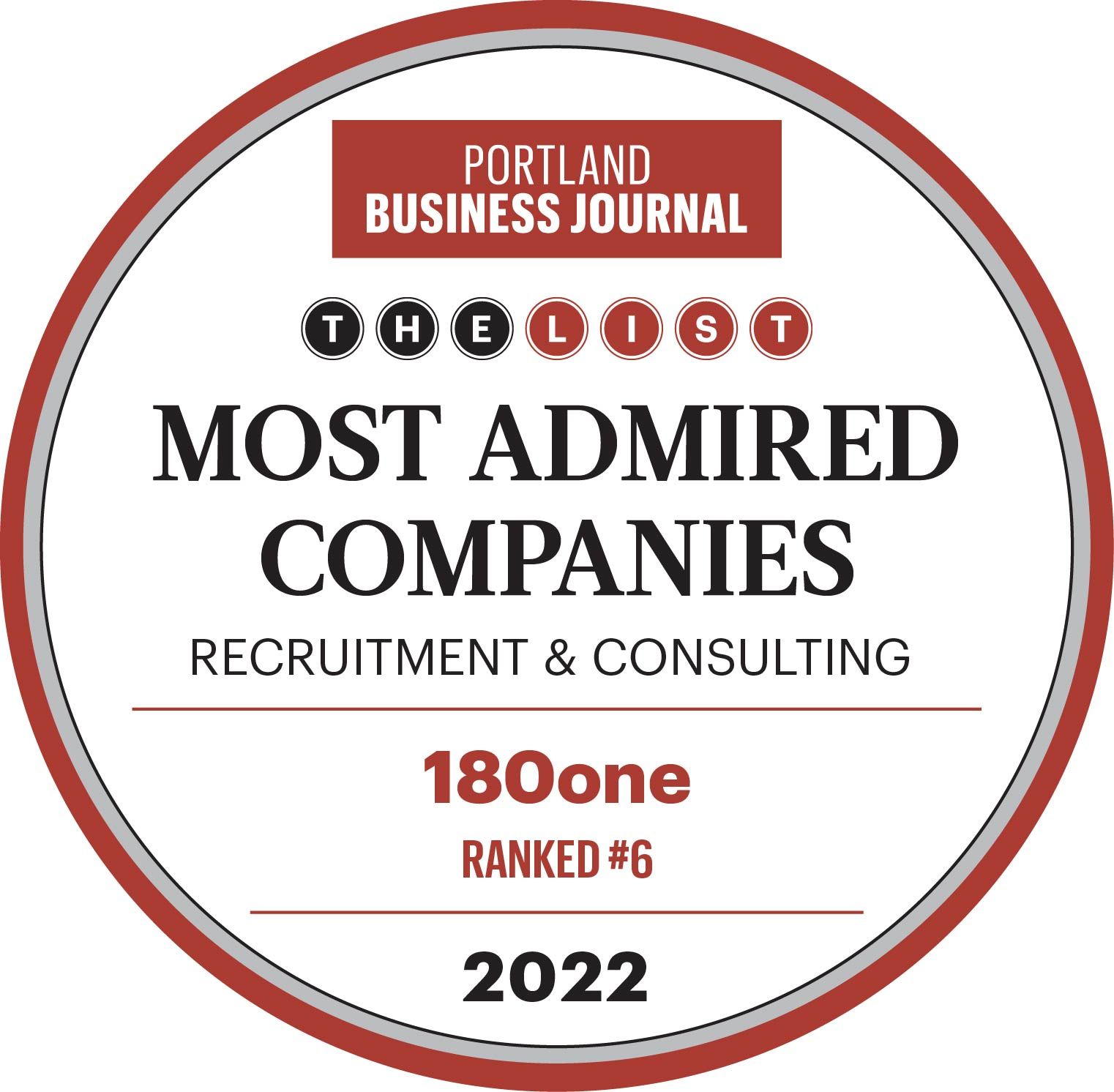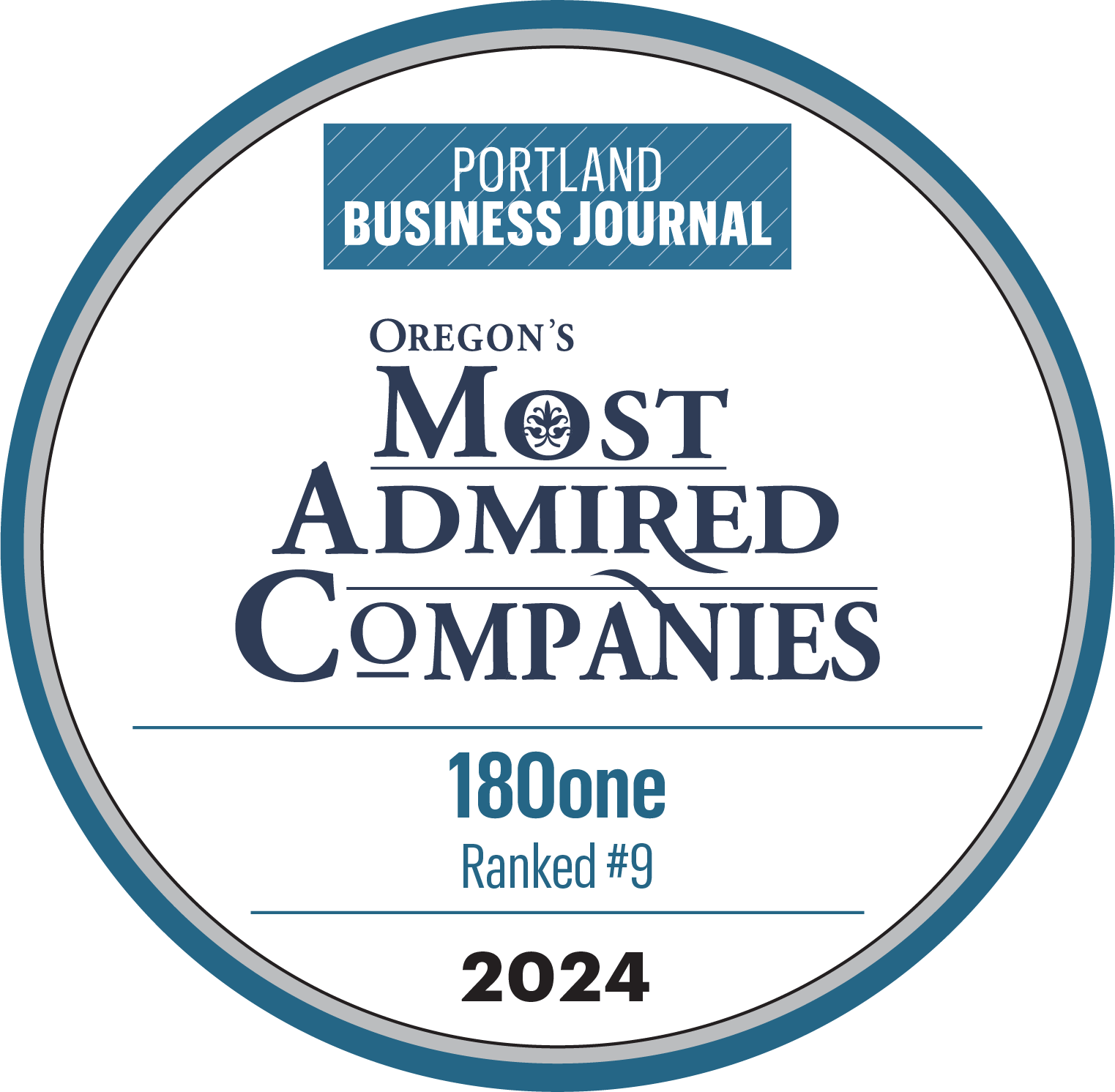By Effie Zimmerman
•
January 29, 2026
Chief Executive Officer ABOUT THE COMPANY EC Electric is an innovative electrical contracting firm dedicated to powering lives across various sectors, including mission-critical AI data centers, semiconductor chip manufacturers, industrial, federal work, commercial, and renewable energy projects. With a commitment to providing high-quality electrical solutions, the company specializes in cutting-edge technologies and sustainable practices. Known for its robust service offerings, including electrical construction, maintenance, and energy management, EC Electric stands out in the marketplace by focusing on safety, efficiency, and customer satisfaction. This $500 million-a-year company is part of the E-J Group of Companies across the nation, celebrating our 127th year of private ownership. Our mission is to create a brighter, more electrified future while upholding our values of integrity, safety, quality, equity, fulfillment, and profitability. ABOUT THE POSITION As the Chief Executive Officer , you will be the visionary leader of EC Electric, steering the company's strategic direction and operational efficiency to achieve sustainable growth and innovation in the electrical contracting industry. You will collaborate with the executive team, employees, and stakeholders to enhance our reputation as a leading provider of electrical services and solutions, ensuring we remain agile and responsive to market demands. DUTIES & RESPONSIBILITIES Strategic Leadership: Develop and articulate a clear vision and strategic plan that aligns with EC Electric's mission to drive profitability and market expansion. Initiate strategic partnerships and alliances that leverage EC Electric's capabilities in renewable energy and advanced electrical systems. Operational Excellence: Oversee operational processes, ensuring the execution of projects aligns with EC Electric's commitment to safety, quality, and timely delivery. Utilize data-driven insights to improve operational efficiencies and manage resources effectively across all business units. Innovation and Sustainability: Drive the adoption of innovative technologies and sustainable practices within the company to enhance service offerings and reduce environmental impact. Encourage a culture of innovation, empowering teams to explore new solutions that meet the changing needs of clients in a dynamic industry landscape. Stakeholder Engagement : Cultivate long-term relationships with clients, contractors, and community partners to enhance visibility and reputation in the industry. Represent EC Electric in industry associations and public events, positioning the company as a thought leader in electrical contracting and energy solutions. Financial Management: Ensure fiscal responsibility by overseeing budgeting processes, expense management, and financial forecasting to meet the company’s growth objectives. Identify opportunities for cost efficiencies and revenue generation through new service offerings and market penetration strategies. Workforce Development: Promote a positive and inclusive workplace culture that prioritizes employee engagement, safety, and professional development. Sustain and expand training/mentorship programs to develop future leaders within the organization and ensure a skilled workforce ready to tackle evolving industry challenges. Compliance and Governance: Ensure compliance with all industry regulations, safety standards, and environmental practices, maintaining EC Electric’s strong reputation for integrity and excellence. Implement risk management strategies to safeguard the company’s assets and sustain its operational integrity. QUALIFICATIONS Bachelor’s degree in business administration, engineering, or related field; MBA or relevant advanced degree preferred. 15+ years of experience in senior leadership roles within the electrical contracting or related construction industries. Proven ability to drive business growth and operational success in a competitive environment. Strong analytical and problem-solving abilities, with a focus on data-driven decision-making. Excellent communication and interpersonal skills, adept at fostering collaboration and motivating teams. Advantages of Working at EC Electric: Leading electrical contracting organization focused on innovation and sustainability. Commitment to employee development and career advancement opportunities. Comprehensive compensation and benefits packages, including health and wellness programs. Supportive corporate culture values community engagement and social responsibility. Opportunity to work on high-impact projects that shape the infrastructure of communities. Interested in Learning More? 180one has been retained by EC Electric to manage this search. If interested in learning more about the opportunity, please contact Nicole Brady at 503-699-0184 or via email at nicole@180one.com . EC Electric is an Equal Employment Opportunity Employer and ensures equal employment opportunity for all persons without discrimination based on race, color, religion, sex, sexual orientation, national origin, age, disability, marital status, citizenship, or any other characteristic protected by law. Physical Demands: The physical demands described here are representative of those that must be met by an employee to successfully perform the essential functions of this job. Reasonable accommodations may be made to enable individuals with disabilities to perform the essential functions. While performing the duties of this job, the employee is regularly required to use their hands and talk or hear. The employee is frequently required to stand, walk, sit, reach with hands and arms; climb or balance, and stoop, kneel, crouch, or crawl. The employee must occasionally lift and/or move up to 50 pounds. Work environment: The work environment characteristics described here are representative of those an employee encounters while performing the essential functions of this job. Reasonable accommodations may be made to enable individuals with disabilities to perform the essential functions. This includes the ability to have close (clear vision 20 inches or less) and distant vision (clear vision 20 inches or more), Depth Perception (three-dimensional vision, ability to judge distances and spatial relationships); Ability to Adjust Focus (ability to adjust the eye to bring an object into sharp focus), and the ability to see color. The noise level in the work environment can be quiet, moderate, or loud.







